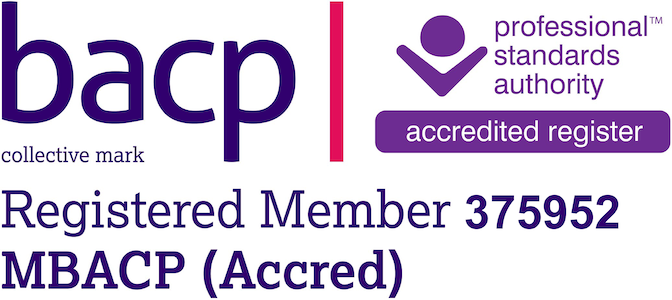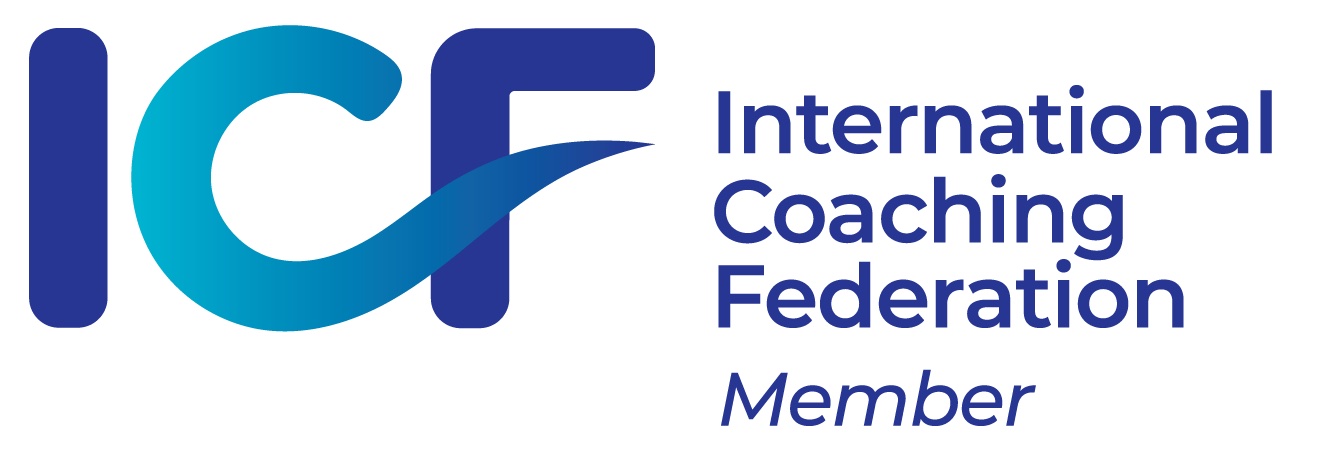Coaching, Counselling and Psychotherapy. What’s the Difference?
If you are considering seeking professional support you may be wondering about the difference between coaching, counselling and psychotherapy, and which might be best for you. In fact they are closely related and have a lot in common. These are some of the ways in which they are similar:
- They all involve talking one-to-one with a trained professional in a confidential and supportive environment
- They all involve exploring issues in some depth
- They can all help you achieve greater self-understanding, support your personal growth and development and enhance your overall psychological wellbeing.
- They all involve helping you to understand and tap into your own inner resources to overcome obstacles and problems. A good coach or therapist will not offer you advice or tell you what to do to solve a problem, but instead empower you to make your own choices and decisions.
The distinction between coaching, counselling and psychotherapy largely comes down to differences in emphasis and focus. The outlines presented below highlight some of the main differences, but it is important to remember that there is considerable overlap between them in practice.
Coaching
Coaching aims to help you set and work towards specific goals in your private life, career or business, and as such it focuses mainly on the present and the future. It may be suitable if you are in reasonably good psychological health, well-motivated and looking for support to become more effective in a specific area of your life.
Counselling / Psychotherapy
Counselling, or psychotherapy, may be appropriate if you are experiencing distress or having difficulty coping with problems in your life. Historically, a distinction was made between the two based on the types of issues they dealt with. Counselling tended to address immediate, practical issues such as redundancy, financial difficulties, relationship problems, workplace stress and addictions, whereas psychotherapy dealt with psychological problems which may have a longer history, perhaps even stretching back to a client’s childhood. Counselling also tended to be shorter-term, lasting less than six months, and was provided in a community setting, whereas psychotherapy often lasted much longer and was usually provided in a clinical setting.
Today the terms counselling and psychotherapy are usually used interchangeably. The British Association for Counselling and Psychotherapy (BACP) does not make a distinction between them, and has the same rigorous training and accreditation requirements for all practitioners, irrespective of whether they call themselves counsellors or psychotherapists.
What is more important to you as a client is the type of therapy your counsellor or therapist offers, and whether it is a good match for you and the issues you want to work on. Finding a therapist you feel comfortable working with is also very important; research has shown that an effective working relationship between a client and their therapist is one of the most important predictors of successful outcomes in therapy.





